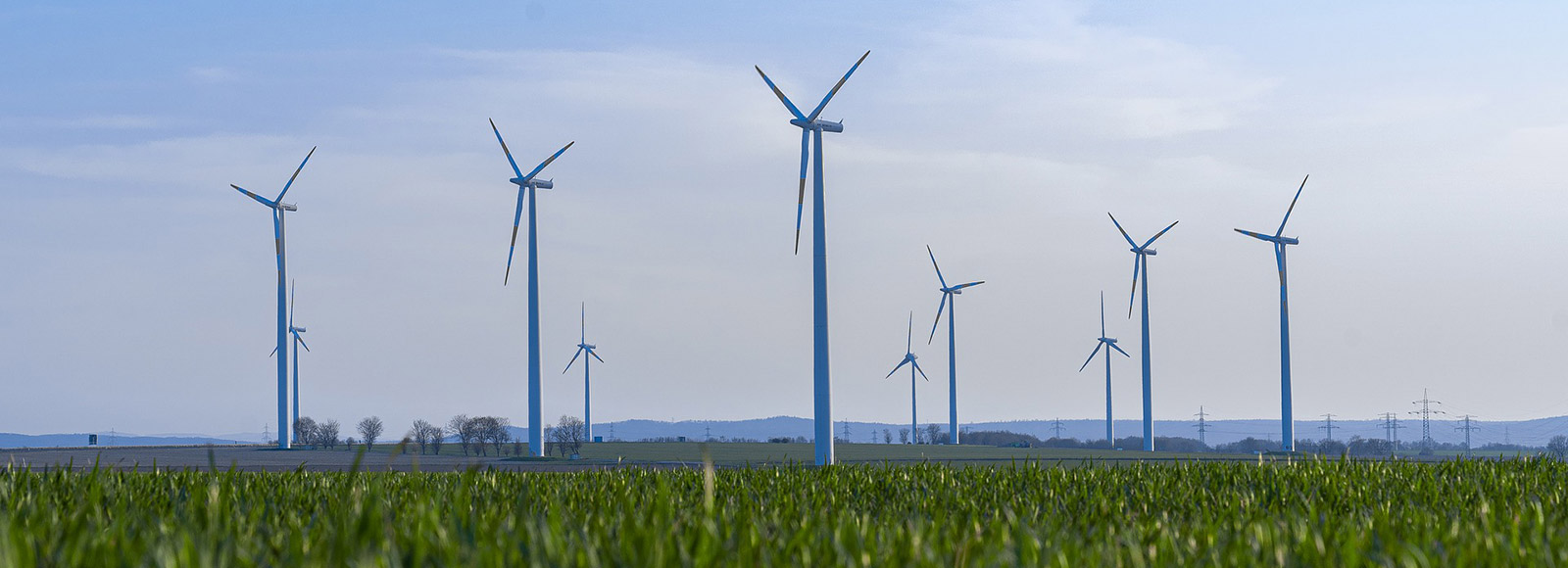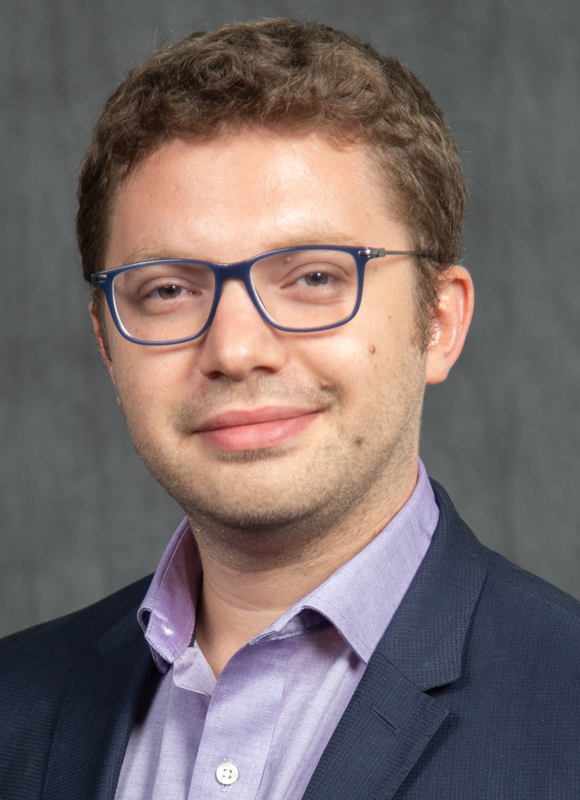Wayne State and collaborators receive $450,000 NSF GOALI grant for wind farm management optimization project

Wind energy can play a central role in the fight against climate change. The U.S. Department of Energy’s (DOE) Wind Vision Report states that wind energy has the potential to reduce the emission of 12.3 gigatonnes of greenhouse gases by 2050. With the goal of providing affordable clean energy solutions, the U.S. added nearly 17,000 megawatts of utility-scale, land-based wind power capacity to its infrastructure in 2020, according to the DOE. This unprecedented change brings additional challenges to optimize production and maintenance in wind farms.
Murat Yildirim, assistant professor of industrial and systems engineering at Wayne State University’s College of Engineering, and his collaborators are working on a new approach to optimize production and maintenance in wind farms. WSU and Rutgers University received $450,000 from the National Science Foundation’s Grant Opportunities for Academic Liaison with Industry (GOALI) program for a collaborative project titled “Generation versus Degradation: Striking the optimal balance for wind farm profitability via digitization, predictive and prescriptive analytics.”

The objective of the project is to create a decision-theoretic framework composed of predictive models to forecast both power generation and asset degradation. The project brings transformative change into the status-quo of asset management in the wind industry which, according to Yildirim, currently relies on single-faceted strategies that largely overlook the dependencies between the generation and degradation in wind turbine assets.
“Despite a three-fold increase in its global generation in the last decade, wind energy still faces fundamental barriers related to its operational efficiency,” said Yildirim. “To wind farm operators, wind is both the promise and the peril — it is the primary resource of electricity generation (and hence, revenues), but it is also the main driver of structural loading, asset degradation and, ultimately, maintenance expenses. With both the energy yield and maintenance operations largely shaping wind's cost of energy and economic outlook, this project seeks a timely solution to jointly optimize production and maintenance in wind farms.”
Yildirim and Ahmed Aziz Ezzat from Rutgers are coordinating efforts on this project with Cognite AS, a global industrial software-as-a-service company, and the DOE-operated Argonne National Laboratory.
These partnerships will facilitate industrial application of this research to aid in meeting the Department of Energy’s target of 35% of the country’s energy to be sourced from wind by 2050.
The award number for this NSF grant is 2114425.